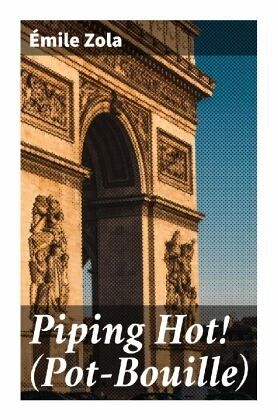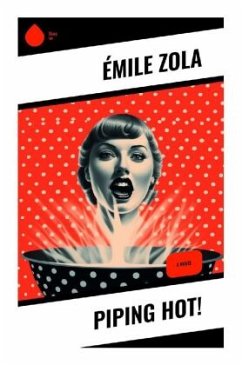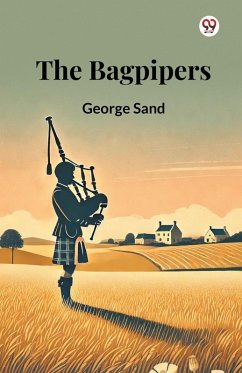
Piping Hot! (Pot-Bouille)
A Realistic Novel
Versandkostenfrei!
Versandfertig in 6-10 Tagen
10,99 €
inkl. MwSt.
Weitere Ausgaben:

PAYBACK Punkte
5 °P sammeln!
Émile Zola's 'Piping Hot!' (Pot-Bouille) delves into the intricate dynamics of bourgeois life in 19th-century Paris, portraying a vivid tapestry of human experiences interwoven with the stark realism characteristic of the Naturalist movement. Zola employs a detailed, almost journalistic style that showcases the lives of the residents in a bustling Parisian boarding house, revealing the hypocrisy, desires, and moral dilemmas faced by individuals in a rapidly modernizing society. Through astute characterizations and rich descriptions, Zola critiques the social fabric of his time, capturing the ...
Émile Zola's 'Piping Hot!' (Pot-Bouille) delves into the intricate dynamics of bourgeois life in 19th-century Paris, portraying a vivid tapestry of human experiences interwoven with the stark realism characteristic of the Naturalist movement. Zola employs a detailed, almost journalistic style that showcases the lives of the residents in a bustling Parisian boarding house, revealing the hypocrisy, desires, and moral dilemmas faced by individuals in a rapidly modernizing society. Through astute characterizations and rich descriptions, Zola critiques the social fabric of his time, capturing the tumultuous intersections of virtue and vice in urban life. Zola, a leading figure in Naturalism, was profoundly influenced by the socio-economic changes of his era, as well as by his own experiences among the lower and middle classes. His commitment to illuminating the underbelly of society is evident throughout his Rougon-Macquart series, of which 'Piping Hot!' is a crucial installment. Zola's upbringing in a working-class family and his subsequent immersion in Parisian society equipped him with keen insights into the struggles and ambitions of his characters. Recommended for readers who are intrigued by social criticism and the evolving nature of human relationships, 'Piping Hot!' offers a compelling narrative that not only entertains but also provokes critical thought about societal norms. This novel stands as a testament to Zola's literary prowess and his enduring relevance in today's discourse on class and morality.













